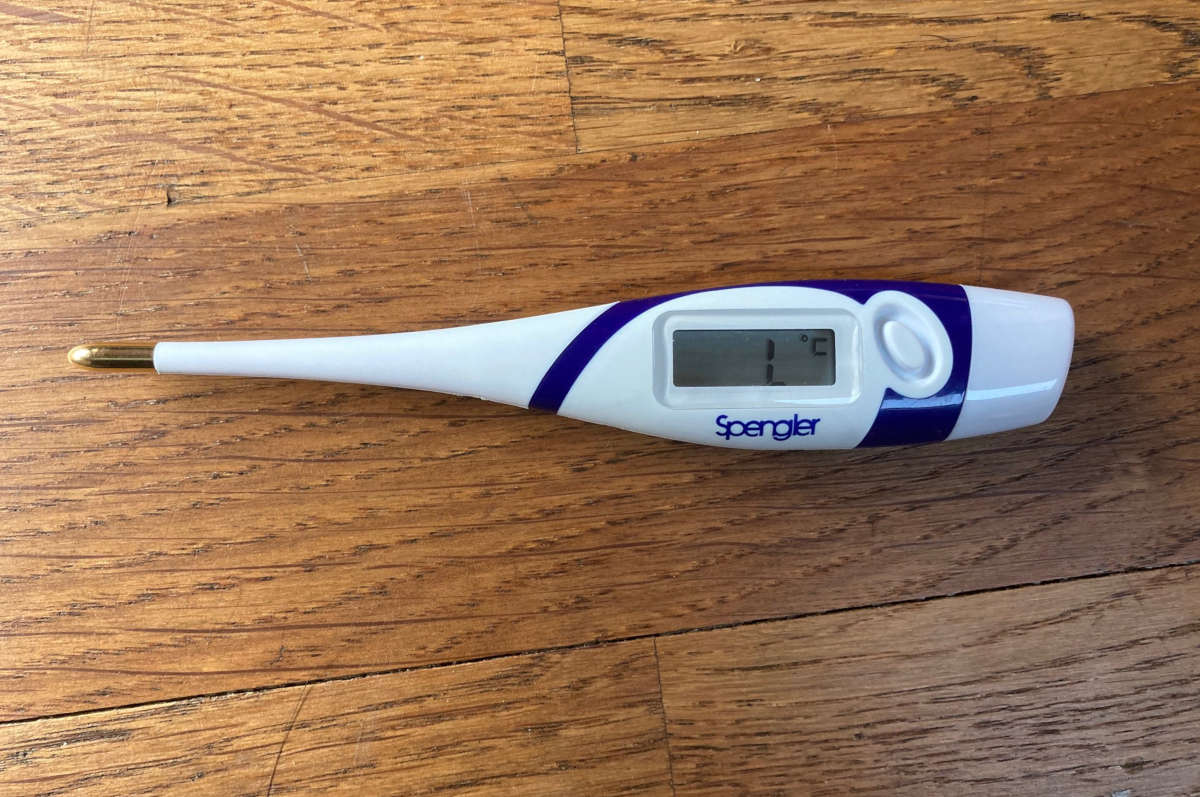My horse has a fever, now what?

A horse with a fever will be lethargic and have a reduced or no appetite. Sweating is also possible. The normal temperature of a horse at rest is between 37,4 - 38ºC (99.3 - 100.4ºF), for foals this is a little bit higher. It is useful to know the normal temperature of your horse, this can vary from horse to horse. It is advisable to check the temperature several times a day to see how the temperature develops. When measuring the temperature over several days, make sure you measure at about the same times. The temperature can fluctuate slightly over the day.
Why does the body develop fever?
With a fever up to 38.5ºC (101.3ºF) there is not much going on. At least give a horse with a fever a rest, so the body can recover. Fever often occurs as a result of a bacterial or viral infection or an inflammation. It is a natural defence response of the body to carry out non-body own substances. All this takes a lot of energy for the body, for that reason giving rest is essential. If your horse lives outside, make sure the horse can stay dry or put your horse in the stable temporarily.
Antipyretic drug or not?
Intervening too quickly in case of fever disturbs the immune system of the body, you then stop the process of cleaning up the waste products. While this is so important for the health of your horse. Whether you are going to intervene in case of fever depends on the overall symptoms of your horse. It is important that your horse keeps drinking enough to prevent dehydration. Above 40ºC (104ºF) a veterinarian is needed to inhibit the fever. Too high a temperature is harmful for the body. Also with a pregnant mare extra attention is required because of the health of the foal.
What causes a reduced immune system?
Fever as a result of an infection means that the immune system of your horse is reduced. This can have many causes. In autumn a lot of horses go to the stable, this means less movement and less fresh air. Moreover, it is a natural time of cleaning, just like in nature where the trees let go of their leaves. By the end of the winter you also see more often a reduced immune system, due to the passed winter months. A common cause of decreased immune system is stress. Your horse can also be sensitive to your stress. Often several things play a role and the accumulation of factors leads to illness.
Last updated: November 23, 2020
Related articles
The self-healing ability of your horse, dog or cat
Giving space to your horse
Resistance worms and bacteria in horses
A horse that bites, boundaries and self-power
Your horse as mirror of your soul
Share this:

